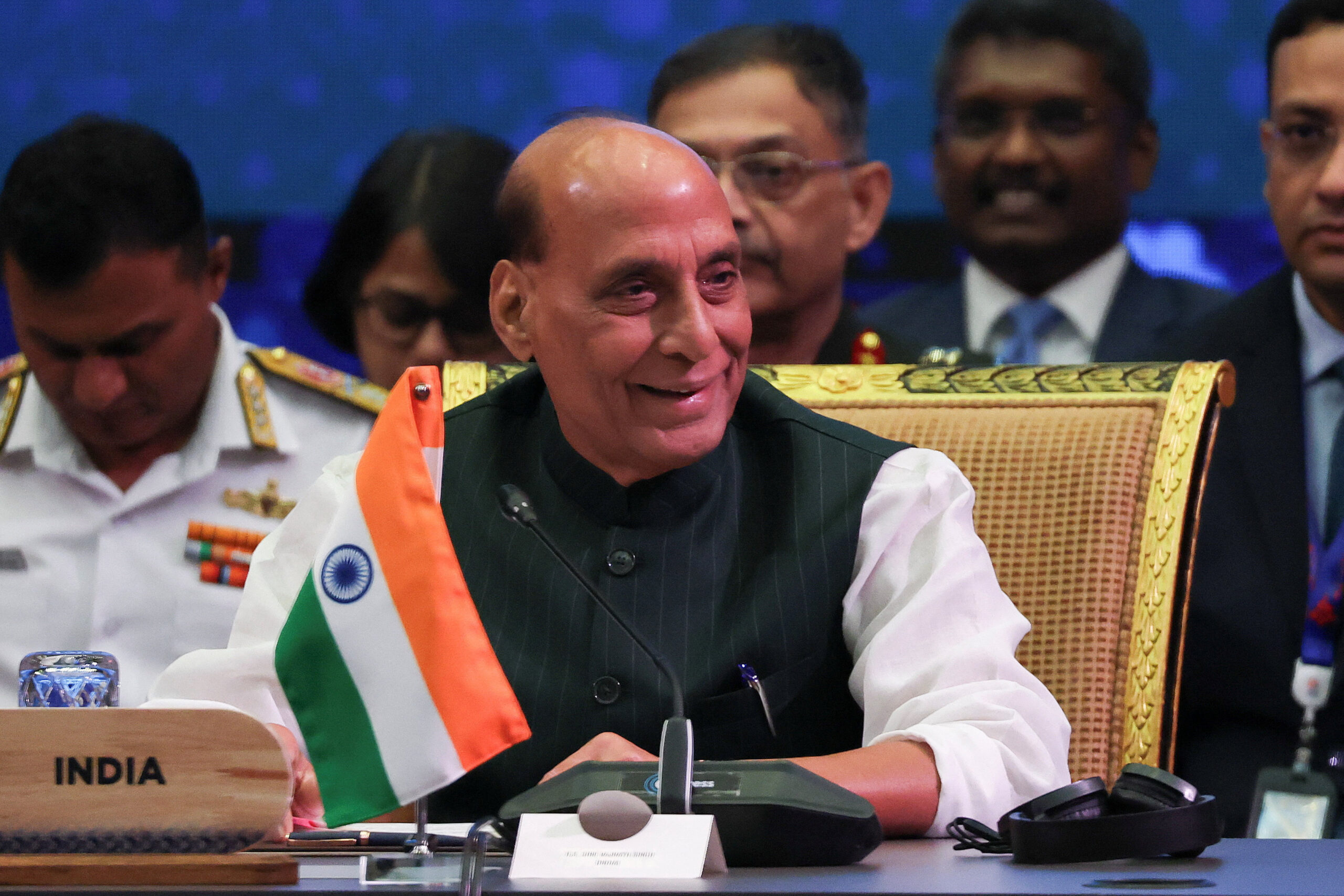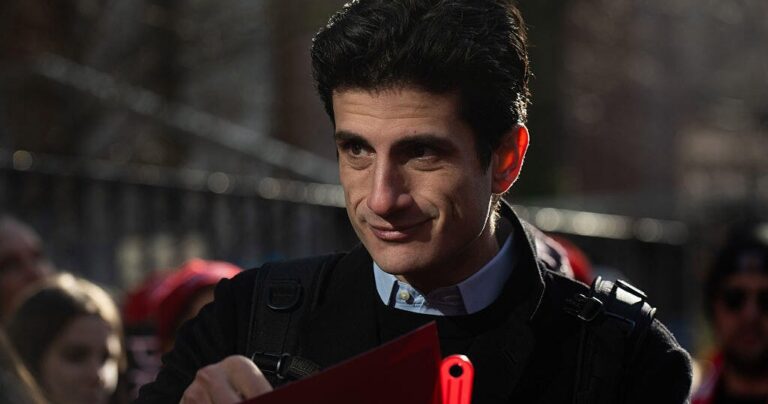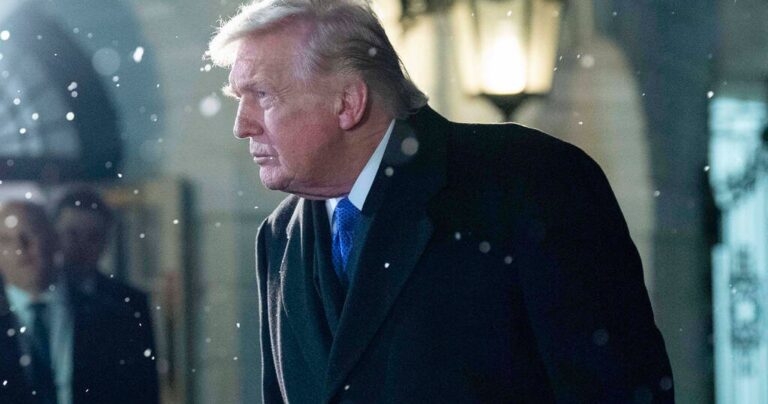
India Minister of Defence Shri Rajnath Singh reacts during ASEAN-INDIA Defence Ministers' Informal Meeting at the ASEAN Defence Ministers Meeting at the Kuala Lumpur Convention Centre (KLCC) in Kuala Lumpur, Malaysia, 31 October 2025. FAZRY ISMAIL/Pool via REUTERS
**U.S., China, and India Hold Key Talks at ASEAN Defence Summit Amid Rising Tensions**
KUALA LUMPUR (Reuters) — U.S. Defense Secretary Pete Hegseth met face-to-face on Friday with counterparts from China and India during the ASEAN defence summit in Malaysia, as Washington seeks to boost its regional influence and security ties.
**U.S. Stance on Indo-Pacific and South China Sea**
Hegseth announced on X that he had informed China’s Defence Minister Dong Jun that the United States would “stoutly defend its interests” and maintain the balance of power in the Indo-Pacific region. He also voiced concerns about Chinese activities in the South China Sea and around Taiwan, reinforcing Washington’s commitment to regional stability.
**Strengthening U.S.-India Defense Relations**
During the summit, the U.S. signed a new 10-year defence cooperation framework with Indian Defence Minister Rajnath Singh. Hegseth described the agreement as “a cornerstone for regional stability and deterrence” and called it a “significant step for our two militaries, a roadmap for deeper and even more meaningful collaboration ahead.”
The meeting marked the first between Hegseth and Singh since the United States imposed 50% tariffs on Indian goods in August, in response to India’s purchases of Russian oil, which led to India pausing purchases of U.S. defence equipment.
**Trump’s Nuclear Testing Announcement Raises Concerns**
Hegseth’s visit follows a surprise announcement by former President Donald Trump, who stated on social media that he had asked the U.S. military to “start testing our Nuclear Weapons,” claiming the United States could not fall behind Russia and China. The statement has created confusion in Washington regarding whether Trump referred to testing delivery systems such as missiles or actual explosive nuclear device testing, which would end a 33-year moratorium. Hegseth did not comment when asked to clarify Trump’s remarks.
**ASEAN’s Opposition to Nuclear Weapons**
ASEAN remains firmly opposed to nuclear weapons and continues to advocate for a nuclear-free zone in Southeast Asia. “We are working to get all nuclear weapons states to endorse a nuclear-free zone in Southeast Asia,” said ASEAN Secretary-General Kao Kim Hourn.
**Growing U.S. Engagement in Southeast Asia**
Washington has been increasing its presence in Southeast Asia in response to China’s growing assertiveness in the region. Trump recently reassured ASEAN leaders that the United States is “with you 100% and we intend to be a strong partner for many generations.”
The United States maintains a defence pact with the Philippines that includes dozens of annual military drills and access to bases, alongside similar exercises with Thailand and Indonesia and ongoing security exchanges with Malaysia.
**Focusing on Deterrence in the South China Sea**
In a series of posts on X, Hegseth highlighted his meetings in Kuala Lumpur, discussing the longstanding alliance with Thailand, calling Indonesia “an anchor of regional stability,” and emphasizing a strong U.S. defence partnership with the Philippines.
“With the Philippines, we will work relentlessly to reestablish deterrence in the South China Sea and advance our alliance,” Hegseth stated, addressing the ongoing maritime disputes.
**China’s Position on Regional Security**
China claims sovereignty over nearly the entire South China Sea, citing a demarcation line on its official maps that overlaps with parts of the exclusive economic zones of Brunei, Indonesia, Malaysia, the Philippines, and Vietnam. Chinese coast guard operations in the region have led to clashes with Philippine vessels and accusations of disrupting energy projects undertaken by Malaysia and Vietnam. Beijing insists its coast guard acts professionally in defending Chinese territory from incursions.
Chinese Defence Minister Dong Jun told ASEAN counterparts that Beijing aims to work more closely with its neighbors. “With Eastern wisdom, we shall pool Eastern strength, and through practical actions, safeguard lasting peace and stability in the South China Sea,” Dong stated, according to China’s defence ministry.
—
*For the latest developments in Southeast Asian defence and diplomacy, follow our updates and expert analysis.*
https://newsindiatimes.com/pentagon-chief-has-flurry-of-talks-in-asia-including-with-indian-counterpart/





